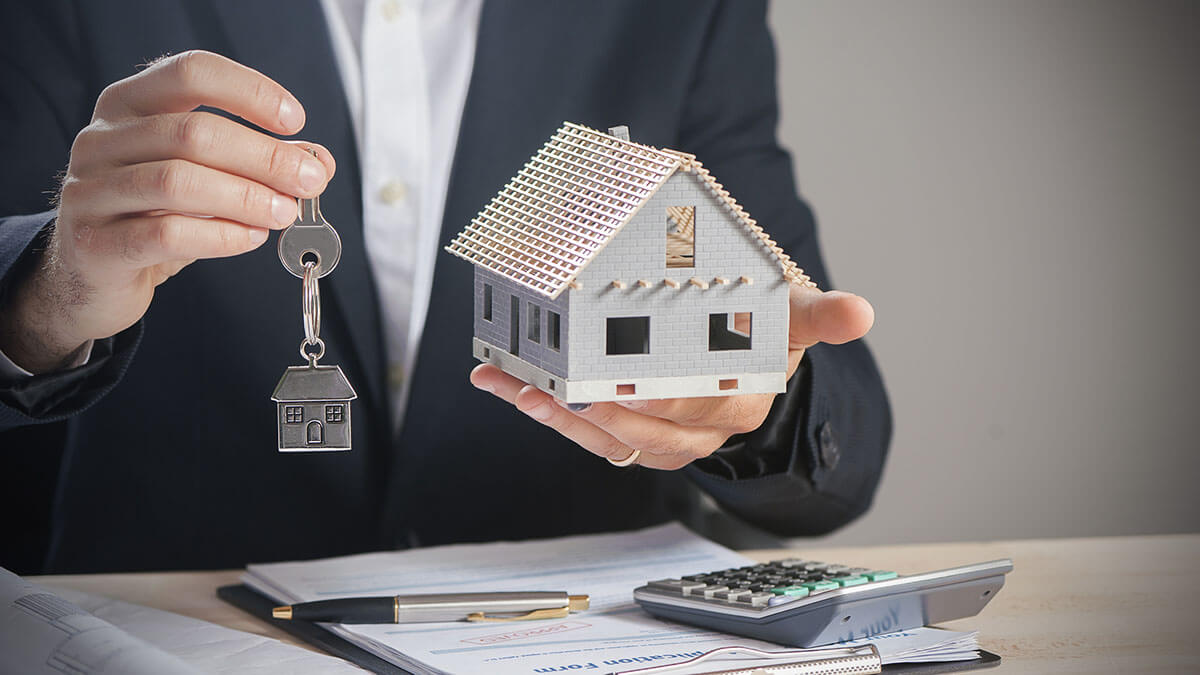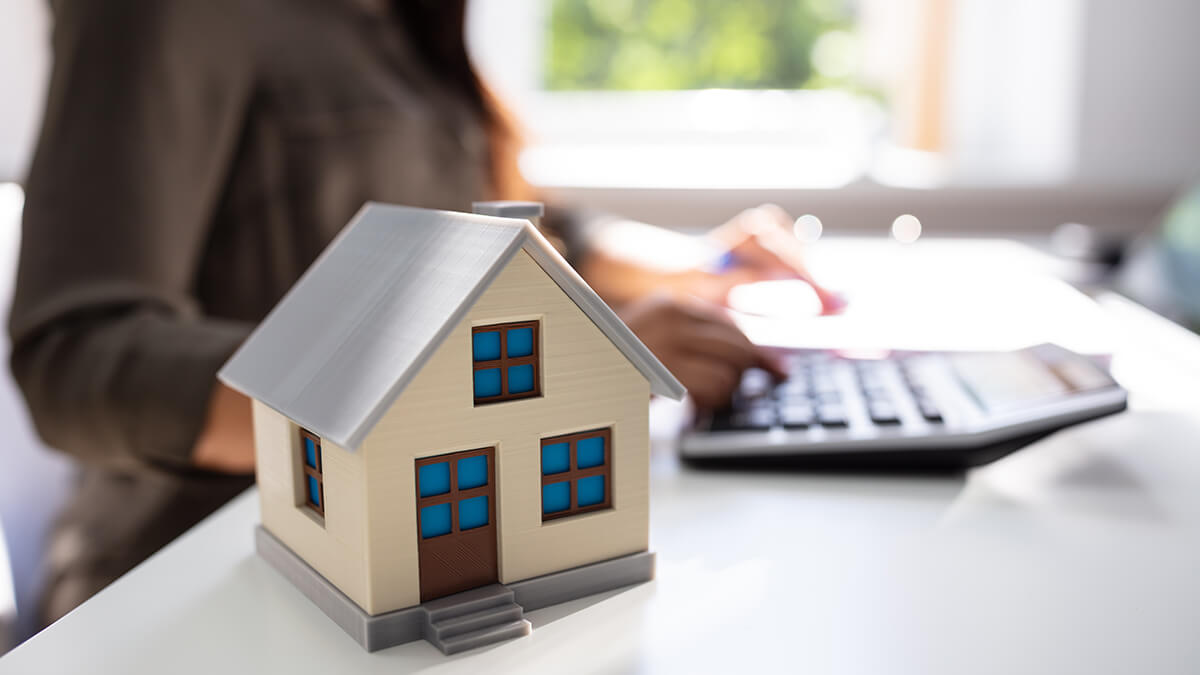One cost that can come with a home sale, depending on the state you live in, is capital gains tax. This tax can significantly impact your overall profits, but there are some effective strategies that can help you reduce or even avoid this tax.
This article will cover how to minimize capital gains taxes, including practical tips such as taking advantage of exemptions, reinvesting sale proceeds, and other tax-saving opportunities that may be available to you.
If you’re in the process of selling your home and want to retain more of your proceeds, iBuyer.com can provide fast, no obligation cash offers in minutes.
Dealing With Capital Gains Tax
- How Do I Avoid Paying Capital Gains Tax on Property?
- Why is there a tax when selling your home?
- What is the capital gains tax?
- What is the exact tax rate?
- How does capital gains tax work on real estate?
- When is capital gains tax paid on a home sale?
- What about capital gains tax on investment properties?
- Capital gains tax avoided
Compare Cash Offers from Top Home Buyers. Delivered by Your Local iBuyer Certified Specialist.
One Expert, Multiple Offers, No Obligation.
How Do I Avoid Paying Capital Gains Tax on Property?
To avoid paying capital gains tax on property, you can utilize several strategies:
- Primary Residence Exemption: If you have lived in your home for at least two of the last five years, you can exclude up to $250,000 of capital gains ($500,000 for married couples) from your taxable income.
- 1031 Exchange: Use Section 1031 of the IRS code to defer paying taxes by reinvesting the proceeds from the sale into a similar type of investment property.
- Retirement Accounts: Purchase the property with a retirement account, such as an IRA, to defer taxes.
- Tax-Loss Harvesting: Offset capital gains with capital losses from other investments.
- Convert to Primary Residence: Convert an investment property into your primary residence to qualify for the primary residence exclusion after meeting the required residency period.
Each of these methods has specific requirements and potential benefits, so it’s important to consult with a tax professional to choose the best strategy for your situation.
Why is there a tax when selling your home?
The government taxes the sale of a property because it is seen as a profit. When you sell your home, the government views this as an opportunity to tax you on the money that you have made. They do this to raise revenue for various programs and services they offer.
Furthermore, the government views selling property as encouraging people to invest in other things. By taxing the sale of your home, they are essentially discouraging you from cashing out and instead encouraging you to reinvest that money into something else.
The brief history of tax in real estate is that it was first introduced in the early 1900s as a way to raise revenue for the country. At that time, there was no such thing as a capital gains tax, so the government taxed people on the profit they made when selling their property. This is how it has been ever since.
What is the capital gains tax?
The capital gains tax is a tax on the profit that you make when you sell your property. This profit is known as your “capital gain.”
The capital gains tax rate varies depending on how long you have owned the property and what your marginal tax bracket is. However, it can be as high as 23.08%.
Moreover, the capital gains tax is not always applicable. There are certain circumstances where you may be exempt from paying this tax.
For example, if you sell your primary residence, you may be eligible for the “primary residence exemption.” This exemption allows you to exclude a certain amount of your capital gain from taxation.
Are there any taxes I should be aware of in regards to home sale?
Yes, there are other taxes that you may be required to pay when selling your home. These include transfer taxes, which are paid to the state or municipality in which the property is located.
You may also be responsible for paying real estate commissions to your real estate agent. This can prove to be problematic depending on how lenient your real estate agent is.
Furthermore, you should also be aware of the “recapture rules.” These rules apply to properties that have been sold for a profit after being held for less than five years. Under the recapture rules, a portion of your capital gain may be taxed at your marginal tax rate.
However, you can avoid paying the recapture tax by rolling your capital gains into a new investment property. This is known as a “like-kind exchange.”
What is the exact tax rate?
The tax rate that you will pay on your capital gain depends on a few different factors. These include how long you have owned the property, what your marginal tax bracket is, and whether or not you are eligible for any exemptions.
If you have owned the property for less than one year, you will be taxed at your marginal tax rate. For example, if you are in the 25% marginal tax bracket, you will owe 25% of your capital gain as taxes.
If you have owned the property for more than one year, you will be taxed at a lower rate. The long-term capital gains tax rate is currently 15%. So if you are in the 25% marginal tax bracket, you would only owe 15% of your capital gain as taxes.
There are also certain circumstances where you may be eligible for an exemption from the capital gains tax. For example, if you sell your primary residence, you may be able to exclude a certain amount of your capital gain from taxation.
How does capital gains tax work on real estate?
The capital gains tax on real estate works the same way as it does for any other asset. When you sell your property, the government will tax you on the profit that you make from the sale.
The amount of tax that you owe will depend on how long you have owned the property and what your marginal tax bracket is. However, it is important to note that there are certain exemptions that may apply in some circumstances.
If you are planning to sell your home, it is important to be aware of the capital gains tax and how it may impact you. By taking steps to minimize or even eliminate this tax, you can save a significant amount of money on the sale of your property.
The IRS typically allows homeowners to exclude up to $250,000 of capital gains from the sale of their primary residence ($500,000 for married couples). In order to qualify for this exclusion, you must have owned and lived in the home for at least two years prior to the sale.
There are some other requirements that must be met in order for this exclusion to apply, so it’s important to speak with a tax professional if you’re thinking about selling your home.
When is capital gains tax paid on a home sale?
Capital gains tax is paid when you sell your property and realize a profit. The amount of tax that you owe will depend on how long you have owned the property, what your marginal tax bracket is, and whether or not any exemptions apply.
Here are other factors, all of which must be true, for the capital gains tax to apply:
- The sale must be of a capital asset
- You must have owned the property for more than one year
- The gain must be realized (i.e., you must have received the money from the sale)
If all of these factors are met, then you will owe capital gains tax on the profit that you made from the sale. The amount of tax that you owe will depend on your marginal tax bracket and how long you have owned the property.
What about capital gains tax on investment properties?
The capital gains tax on investment properties works the same way as it does for any other asset. When you sell your property, the government will tax you on the profit that you make from the sale.
The amount of tax that you owe will depend on how long you have owned the property and what your marginal tax bracket is.
However, there are certain exemptions that may apply in some circumstances. For example, if you sell a rental property that you’ve been depreciating, you may be able to avoid paying capital gains tax when selling your house.
It’s important to speak with a tax professional before selling any investment property so that you can determine if any exemptions apply in your case.
Reinvest proceeds from sales
One of the best ways to avoid paying capital gains tax is to reinvest the money you make from selling your property into another property. This is known as a “like-kind exchange.” You can do this without having to pay any capital gains tax on the sale.
To qualify for a like-kind exchange, you must sell your property and use the proceeds to buy another property within a certain period of time. The properties must also be similar in type and value.
For example, you could sell a rental property and use the proceeds to buy another rental property. Or, you could sell a piece of land and use the money to buy another piece of land.
Offset the gain with capital losses
If you have any capital losses from other investments, you can use them to offset the gain from selling your property. This will reduce the amount of capital gains tax that you owe.
For example, let’s say that you sold a rental property for $100,000 and made a profit of $20,000. But, you also had a capital loss of $15,000 from another investment. In this case, you would only owe capital gains tax on the $5000 profit.
Deduct any cost incurred from the sale
If you incur any costs when selling your property, you may be able to deduct them from the sale price. This will reduce the amount of capital gains tax that you owe.
For example, let’s say that you sell a rental property for $100,000 and incur $5000 in selling costs. In this case, you would only owe capital gains tax on the $95,000 profit.
Speak with a tax professional
Selling a property can be a complex process, and many rules apply to capital gains tax.
It’s important to speak with a tax professional before selling any property so that you can make sure that you are doing it the right way and avoid paying any unnecessary taxes.
Following the tips in this article, you can learn how to avoid capital gains tax when selling a house. Just be sure to speak with a tax professional before making any decisions so that you can ensure that you are doing it the right way,
Capital gains tax avoided
If you are selling your home, there are several ways that you can avoid paying capital gains on selling a house. By taking advantage of exemptions and strategies like selling after living in the home for two years or using the proceeds from the sale to buy a new property.
By being aware of the capital gains tax and how it works, you can save a significant amount of money on selling your home.
If you’re interested in discovering your home’s value and possibly getting cash for it, create an account by submitting your address here.
Instant Valuation, Confidential Deals with a Certified iBuyer.com Specialist.
Sell Smart, Sell Fast, Get Sold. No Obligations.
Reilly Dzurick is a seasoned real estate agent at Get Land Florida, bringing over six years of industry experience to the vibrant Vero Beach market. She is known for her deep understanding of local real estate trends and her dedication to helping clients find their dream properties. Reilly’s journey in real estate is complemented by her academic background in Public Relations, Advertising, and Applied Communication from the University of North Florida.




